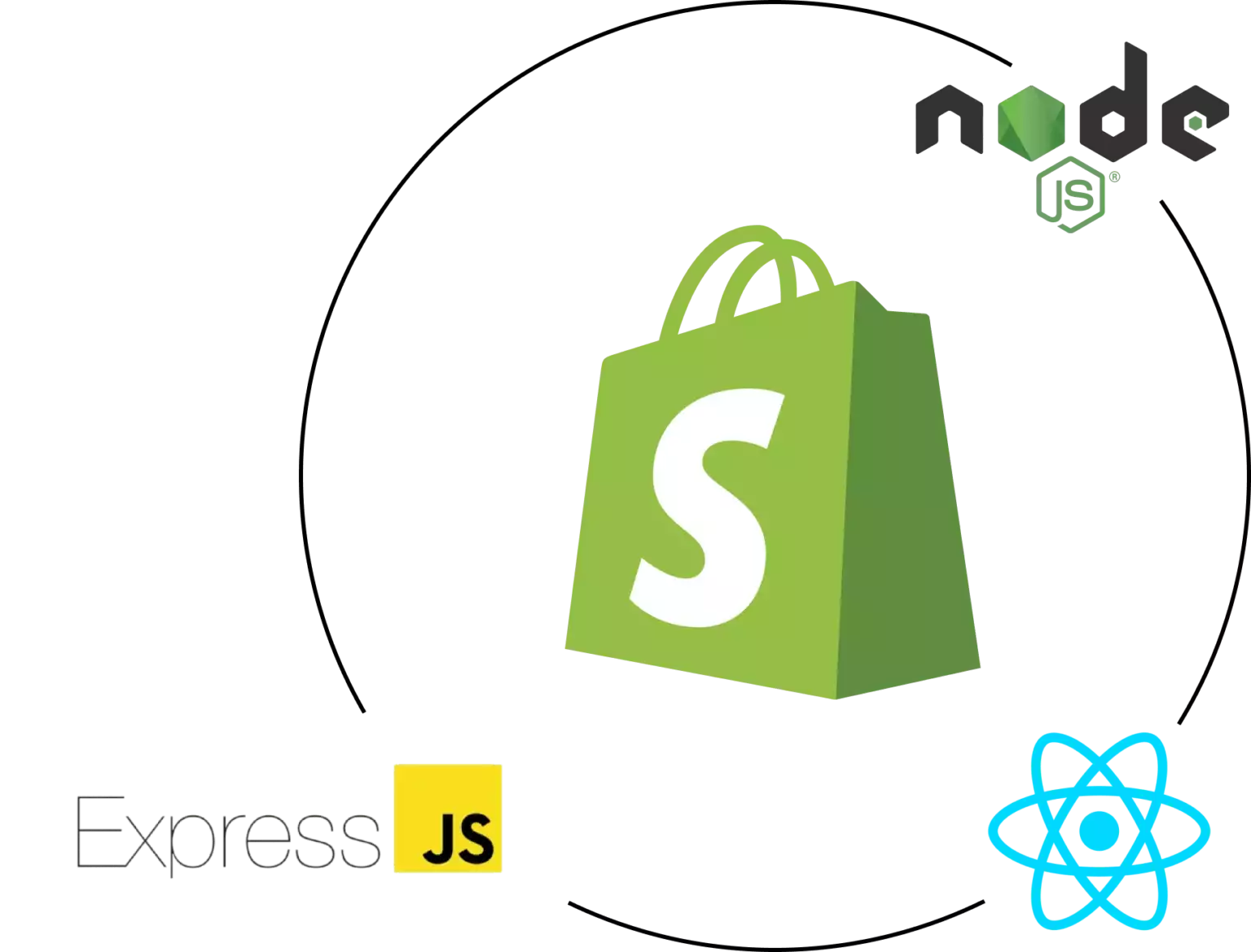Introduction
In today’s competitive e-commerce environment, differentiating is paramount, and a top method to differentiate a Shopify store is through custom app development. A well-built Shopify app can enhance store functionality, simplify processes, and elevate customer interaction. This guide explores essential aspects of Shopify app development, covering API integration and app ecosystem to scaling strategies and promotion methods, providing a roadmap for companies looking for unmatched store efficiency.
The Importance of Shopify API Integration
Shopify’s API provides powerful tools to customize and expand store functionalities. With GraphQL and REST APIs, developers can retrieve information to build applications that manage inventory control, order handling, and customer information management smoothly. Using Shopify’s API can lead to better workflow automation and allows stores to assist shoppers more effectively.
Adopting the Polaris Design System
Polaris is Shopify's set of design guidelines for designing intuitive and easy-to-use Shopify apps. By adhering to Polaris guidelines, developers guarantee that apps integrate smoothly within the Shopify Admin interface. This provides a cohesive appearance that appeals to Shopify merchants, promoting ease of use and familiarity for merchants utilizing your custom app.
Navigating the Shopify App Ecosystem
The Shopify app ecosystem offers endless possibilities for improving e-commerce sites. From handling order fulfillment to boosting customer engagement, apps in this ecosystem are tailored to meet diverse business needs. Familiarizing with this system helps developers in identifying unique app ideas and allows for smooth connections of third-party services that enhance the store.
Developing Embedded Shopify Apps
Embedded apps integrate directly within the Shopify Admin, allowing a seamless experience for merchants. They allow merchants do not need to navigate away from their Shopify control panel, streamlining their workflow. Using Shopify App Bridge and embedded app capabilities is a best practice for providing a cohesive, well-integrated user experience.
Using Node.js and React for Shopify Apps
The technologies Node.js and React have become top options for Shopify app development. Node.js enables high-performance server-side applications, while React allows for interactive and adaptive front-end design. Combined, they offer an excellent platform for creating speedy, scalable Shopify apps that improve store performance and customer engagement.
Webhooks in Shopify Apps
Webhooks enable instant data synchronization between Shopify and an external app. They trigger events such as order creation or stock changes and provide immediate alerts to your app. By implementing webhooks, apps can provide up-to-date information to store owners, simplifying processes and increasing efficiency.
Customer Engagement and Digital Marketing for Shopify Apps
To ensure Shopify app success, connecting with users is crucial. Utilizing online marketing techniques like SEO, email marketing, and social media campaigns can drive app adoption. Additionally, designing apps with customer engagement in mind (e.g., loyalty programs or personalized suggestions) boosts user retention and satisfaction.
Making Your Shopify App Scalable
As e-commerce businesses grow, so do their technology requirements. Making sure that your app can scale to handle higher usage, larger data sets, and more complex functionalities is critical. By improving server capacity and implementing scalable solutions, you can create apps that expand in parallel to a store’s success.
Essential Features and Maintenance for Shopify Apps
For an app to be effective, it should offer essential features like user authentication, analytics dashboard, and customer support options. Regular app maintenance, with updates to fix bugs and compatibility checks with new Shopify features, is important to maintain continuous operation and prevent disruptions to business processes.
Summary
Custom Shopify app development holds vast potential for e-commerce stores, offering the chance to improve performance, streamline processes, and foster Boost Shopify functionality customer loyalty. With API integrations and Node.js to focusing on scalability and customer interaction, creating a Shopify app involves thoughtful preparation Integrating third-party services on Shopify and well-planned actions. If you’re prepared to unlock your store’s full potential, a custom Shopify app could be the ideal solution. What features do you envision for your ideal app? Share your ideas and begin the journey to an enhanced e-commerce journey!
